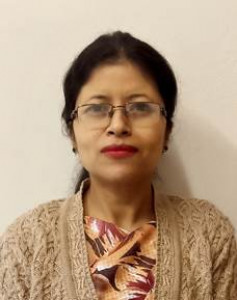
Dr. Lapynshai Syiem
Email: hodcccs@nehu.ac.in
Contact: 0364 2307930 3371
CCS Revised Syllabus NEP 2020:
Time Table:
The Department of Cultural and Creative Studies (CCS) was established at NEHU, Shillong campus in 2009 following the up-gradation of the erstwhile Centre for Cultural and Creative Studies, which was set up in 2003 by amalgamating the Centre for Creative Arts created in 1977 and the Centre for Literary and Cultural Studies established in 1984. The Centre for Creative Arts was established to provide incentives to promote the artistic and cultural needs of the state of Meghalaya and to inculcate the sense of art appreciation and art education in the fields of visual and performing arts. The Centre for Literary and Cultural Studies was formed to promote cultural studies with special thrust on folklore, especially folklore of the Northeast region. Thus, the formation of the erstwhile centres and the subsequent establishment of the Department of Cultural and Creative Studies (CCS) were undertaken keeping in view of the basic objective of North-Eastern Hill University to promote the cultural and artistic aspirations of the people of the region and studying the various aspects of cultural and creative subjects such as folklore, music, performing arts, visual arts so that these subjects are not only highlighted in the academic curricula, pedagogy and research programmes but also promoted and propagated in India in general and in Northeast India in particular. Endowed with this task, the department since the beginning has been engaged with teaching, research and extension activities in various fields such as folkloristics, music and painting/visual arts.
The department offers regular M.A. course in folkloristics and P. G. Diploma courses in music and painting subjects. The M.A. course in folkloristics at the department has been authorised by the UGC as part of the 11th plan proposal with effect from July 2010. In addition, the department offers Ph. D. course in folkloristics and music, which focuses on studies related to folklore and related/cognate areas, traditional/folk music, performing arts, folk theatre, etc. Both theoretical and practical based teaching and training are provided to the students admitted to the postgraduate course in folkloristics and the P.G. diploma courses in music and painting. For music and painting students the emphasis is more on the hands-on experience and the applied aspects of teaching and research. The students pursuing research work in the department are provided with necessary facilities, technical expertise and professional guidance. The major thrust areas of research in the department are studying analytically and systematically various theoretical, conceptual, empirical and contextual issues relating to the fields of folklore, music, performing arts and visual arts. Besides, the recent trends and advances in folkloristics and creative studies are highlighted as thrust area of research.
Keeping the various programmes of studies in mind, the erstwhile centres and later the department organised various academic programmes such as national and international seminar, symposiums, conferences, art camps, art exhibitions, artist in residence programme, practicing school in fine arts, training course in folkloristics and folk music, casual art and music classes and workshops and undertaken several research projects in the fields of folklore studies, performing arts and creative arts from time to time. The department received funds from the university as well as many organisations like Lalit Kala Akademi, New Delhi, Sangeet Natak Akademi, New Delhi, Sahitya Akademi, New Delhi, Rashtruya Lalit kala Kendra, Kolkata, Indira Gandhi Rashtrya Manav Sangrahlaya, Bhopal, Northeast Zone Cultural Centre, Dimapur, Indian Council for Cultural Relations, Guwahati, ICSSR-NERC, Shillong, East Zone Cultural Centre, Kolkata, North Eastern Council, Shillong, UGC, New Delhi, Govt. of Meghalaya, Maulana Abul Kalam Azad Institute of Advanced Studies, Kolkata, Central Institute of Indian Languages, Mysore, etc. The department also received funds for research projects on “Arts and Crafts of the Hill Areas of Northeast India” from UGC, “Programme of Folklore Research and Archive” from Ford Foundation, “Rice Myths of North-Eastern India” from UGC-UPE, “Paddy Growing Cultures in North-Eastern India” from IGNCA, New Delhi and “Folklore and Natural Life” from North Eastern Council, Shillong. The faculty of the department is also actively engaged in the activities of the “North-East India Centre of Diversity (NEICoD) programme of the university.
Based on the professional expertise and experience of the faculty, technical staff, and students the department has been exploring, enriching and disseminating creative thinking and analytical studies in folkloristics, music and painting/visual arts. These efforts have been supported by multidimensional documentation such as drawings, sculpture, terracotta, photograph, audio-visual format, monographic details and publications. Thus, the department possesses considerable material for knowledge conservation and dissemination modules. Further, the department maintains a small museum for paintings, sculpture and musical instruments. The music conservatory maintains an assortment of musical instruments, especially traditional musical instruments of the state. Besides, the painting studios of the department contains substantial creative works produced by painting/fine arts students like drawings, paintings, enamel paintings, graphic prints, terracotta and sculpture. The department is also engaged in the collection of oral tradition based texts such as chants, Phawars, myths, legends, folktales, rites and ritual systems and assorted narratives in the archival holdings and repository. These oral discourses, narratives and folkloric texts and materials are systematically studied to further the larger cultural, creative and literary interests of the region emphasising the holistic understanding of the complexities and richness of the oral tradition/folklore of the region. It may be noted that the traditional/folk art, literary forms and cultural belief systems in the form of verbal lore, material lore and cultural/customary lore of the region are slowly declining and getting destroyed under the impact of modernisation, acculturation, Christianity and globalisation. Some of the fascinating examples are the traditional terracotta pottery in the villages of Larnai and Tyrchiang, weaving in the Bhoi and Lyngngm areas, wood carving in Garo hills, folk theatre in Jaintia hills and musical instruments crafting in the entire state. In this regard, the faculty and the students of the department regularly interact with the local master craftsmen and folk artists of the state. By various outreach programmes and field trips/visits the students and research scholars are exposed to the artistic and cultural traditions of the villages. They learn the indigenous knowledge systems, technologies and unique forms of arts and crafts making and conservation. The department tries to create awareness about the rich oral traditions and artistic forms among the new generations for maintaining the cultural heritage and commercial benefits of the people of the region. The awareness drive is made through the arrangements of field trips and training programmes in which the local folk artists and performers act as resource persons. Furthermore, the department is also engaged in the exchange of knowledge and skills of the cultural experts of different communities of the state with the rest of India and the Northeast region.
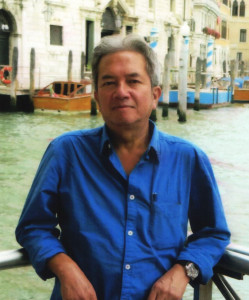
Prof. Desmond L Kharmawphlang
Professor
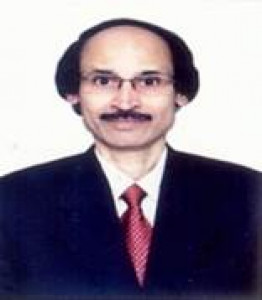
Prof. S.K. Nanda
Professor

Dr. Lapynshai Syiem
Associate Professor
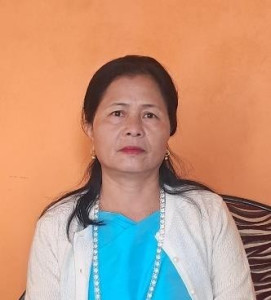
Dr. Solony Bareh
Associate Professor
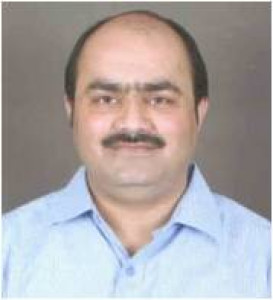
Mr. Bedanta Kalita
Assistant Professor
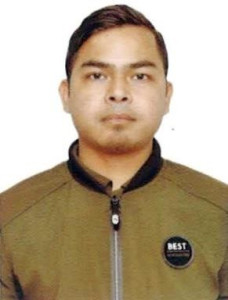
Mr. Christopher Kurbah
Assistant Professor
No latest announcements.
No upcoming events